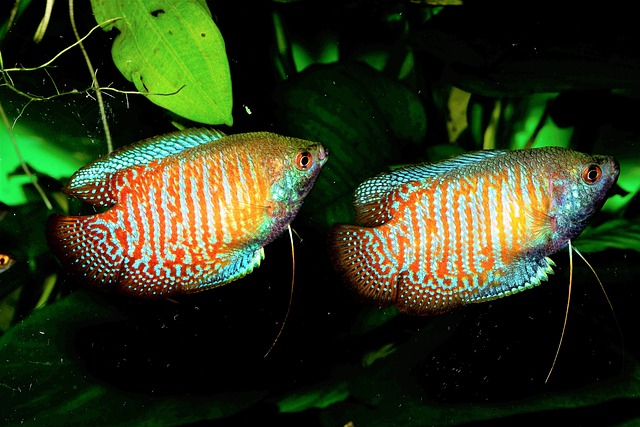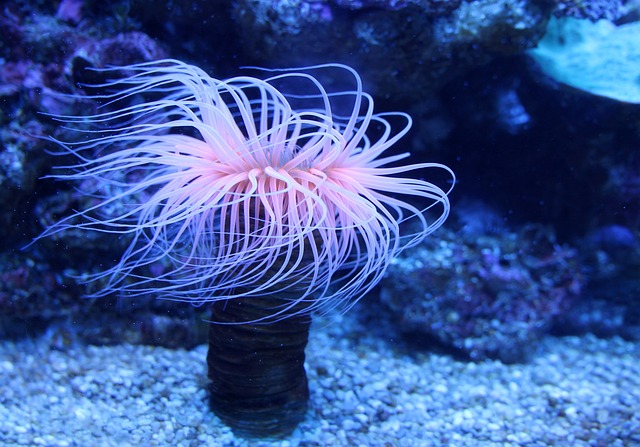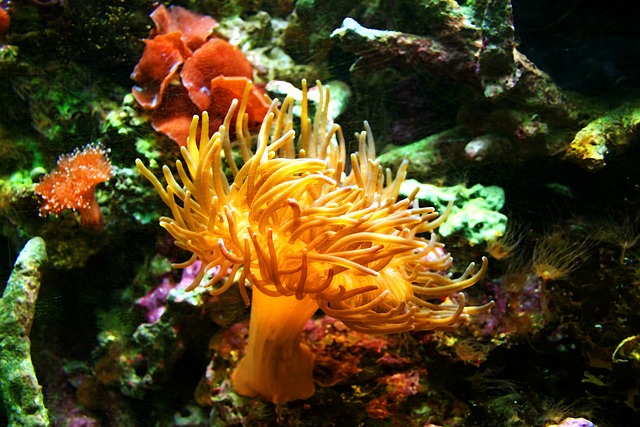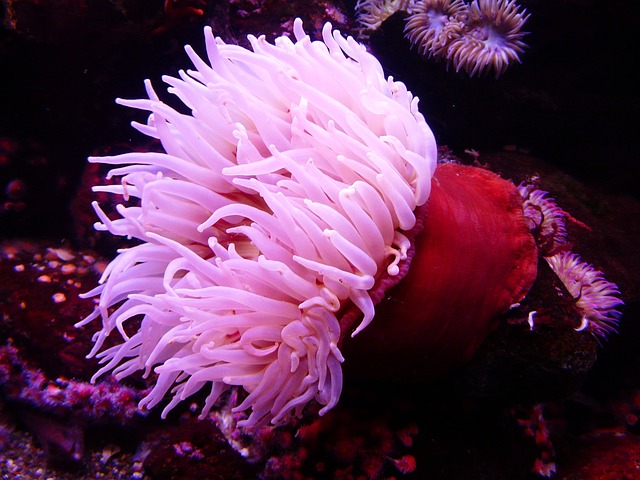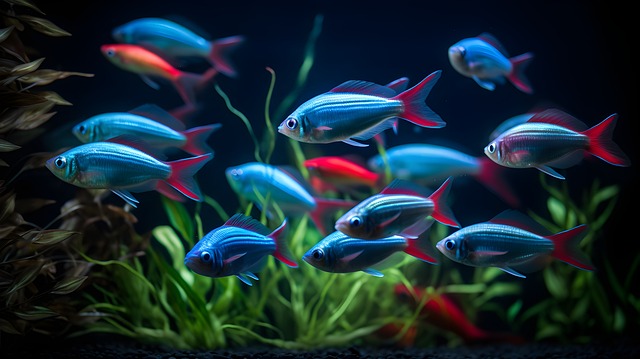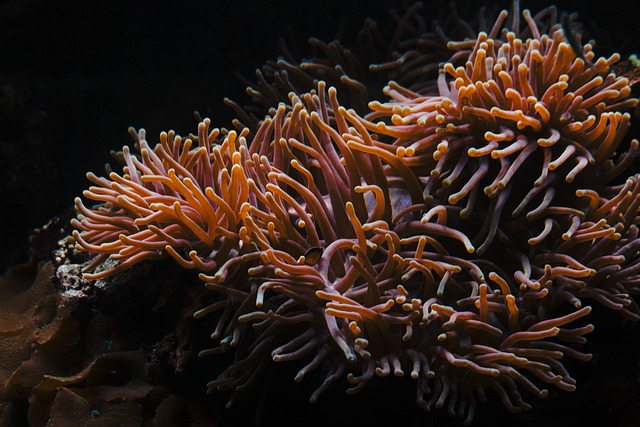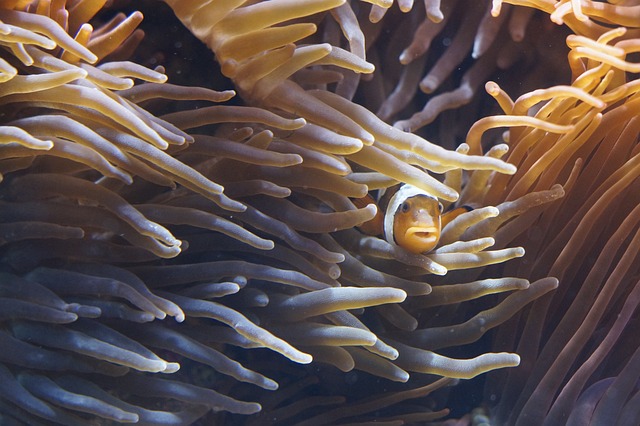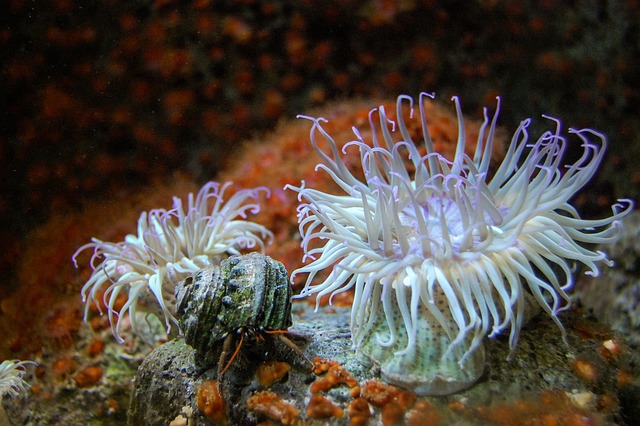Gourami fish are popular with aquarium enthusiasts due to their vibrant colors and unique personalities. However, one common issue many owners face is aggression between their gourami fish. It is not uncommon to see two or more gourami fish fighting, leading to severe injury or even death.
The reason behind gourami fish fighting is often related to their territorial nature. Gourami fish are known to be territorial, and they will defend their space against any perceived threats. T
his can include other fish, decorations in the tank, or even their reflection. When two gourami fish are placed in the same tank, they may see each other as a threat and begin to fight.
While gourami fish fighting can be frustrating and sometimes dangerous for owners, some steps can be taken to prevent it.
Understanding the reasons behind their aggression is the first step in finding a solution.
Gourami fish can live peacefully in a shared tank without constant intervention with proper care and attention.
Understanding Gourami Fish Behavior
Gourami fish are known for their beautiful colors and unique personalities. However, they can also be quite aggressive towards each other, leading to fights and even death.
Understanding gourami fish behavior is crucial for keeping them happy and healthy in a community tank.
Gourami fish are territorial by nature, especially males. They establish their territories and defend them against other fish, including gouramis.
When two gouramis meet, they may display aggression, which can escalate into a fight.
One of the main reasons gourami fish fight is to establish dominance. Dominant males will fight to maintain their territories and breeding rights.
In some cases, dominant males will also attack females to prevent them from breeding with other males.
Another reason gourami fish fight is due to stress. Factors such as overcrowding, poor water quality, or lack of hiding places can cause stress. When gouramis are stressed, they may become more aggressive towards each other.
To prevent gourami fights, it is important to provide them with a suitable environment. This includes a spacious tank with plenty of hiding places, plants, and decorations.
Water quality should also be maintained, with regular water changes and proper filtration.
In conclusion, understanding gourami fish behavior is essential for keeping them happy and healthy in a community tank.
Fights can be minimized by providing them with a suitable environment and addressing any stress factors, and gouramis can live together peacefully.
Reasons for Gourami Fish Aggression
Territorial Disputes
Gourami fish are known to be territorial creatures and can become aggressive towards other fish that they perceive as a threat to their territory.
This aggression is usually seen in male gourami fish, who are more territorial than their female counterparts. When a new fish is introduced into the tank, it can trigger aggression in the resident gourami fish, leading to fights and even injuries.
Mating Rituals
During the breeding season, male gourami fish become more aggressive as they compete for the attention of female gourami fish.
They often display vibrant colors and flare their fins to attract a mate. However, this can also lead to fights between males as they try to establish dominance over each other.
Competition for Food
Gourami fish are omnivorous and eat various foods, including flakes, pellets, and live or frozen foods. However, when food is scarce, gourami fish can become aggressive and territorial towards other fish in the tank.
It is essential to ensure that there is enough food for all the fish in the tank to prevent aggression.
Inadequate Living Conditions
Gourami fish require specific living conditions to thrive, including the proper water temperature, pH level, and tank size.
If these conditions are not met, gourami fish can become stressed and aggressive toward other fish in the tank. It is essential to provide a suitable environment for gourami fish to prevent aggression.
In conclusion, there are several reasons why gourami fish can become aggressive towards each other. Territorial disputes, mating rituals, competition for food, and inadequate living conditions can all lead to aggression in gourami fish.
Understanding these factors and providing a suitable environment for gourami fish is essential to prevent aggression and promote a healthy and peaceful tank environment.
Effects of Gourami Fish Fighting
Physical Harm
When gourami fish fight, they can cause physical harm to each other. This can include torn fins, damaged scales, and even injuries to the eyes or mouth.
In severe cases, fighting can lead to death. Even if the fish survive the fight, their injuries can make them more vulnerable to disease and stress.
Stress
Gourami fish are social creatures and prefer to live in groups. They can become stressed when forced to live in small tanks or with aggressive tank mates.
Fighting is a common cause of stress in gourami fish. Stress can weaken the immune system, making the fish more susceptible to disease.
It can also lead to behavioral changes such as decreased appetite and lethargy.
Disease
Fighting can also increase the risk of disease in gourami fish. When fish are injured, their immune system is weakened, making them more vulnerable to bacterial and fungal infections.
Stress can also weaken the immune system, making the fish more susceptible to disease. It is essential to keep the tank clean and maintain good water quality to reduce the risk of disease.
In conclusion, gourami fish fighting can cause physical harm and stress and increase the risk of disease. It is essential to provide a suitable environment for gourami fish and avoid keeping aggressive tank mates together to prevent fighting.
Preventing Fights Among Gourami Fish
Gourami fish are known for their aggressive behavior, which can lead to fights and even death among tank mates. However, there are steps you can take to prevent fights and ensure a peaceful aquarium environment.
Optimal Aquarium Setup
One of the most critical factors in preventing fights among gourami fish is ensuring that they have an optimal aquarium setup. This includes providing adequate space, hiding places, and proper water conditions.
Gourami fish require at least a 20-gallon tank, with more space preferable. The tank should also have plenty of hiding places, such as plants, rocks, and caves.
This will allow the gourami fish to establish their territory and reduce the likelihood of fights.
In terms of water conditions, gourami fish prefer slightly acidic water with a pH of 6.0-7.5 and a temperature range of 75-82°F.
It’s essential to regularly test the water and maintain proper filtration and water changes to ensure optimal conditions.
Proper Feeding Practices
Another important factor in preventing fights among gourami fish is proper feeding practices. Overfeeding can lead to aggressive behavior, as gourami fish may become territorial over food.
It’s essential to feed gourami fish small amounts of food several times a day, rather than one large feeding. This will reduce the likelihood of fights over food and promote healthy digestion.
Choosing Compatible Tank Mates
Finally, choosing compatible tank mates is crucial in preventing fights among gourami fish. Gourami fish are generally peaceful with other fish of similar size and temperament but may become aggressive towards smaller or more docile fish.
It’s important to research and choose tank mates carefully, ensuring that they have similar water and space requirements and are not likely to be bullied by the gourami fish.
By following these steps, it’s possible to prevent fights among gourami fish and create a peaceful and harmonious aquarium environment.
Conclusion
In conclusion, fighting among Gourami fish is a natural behavior that is influenced by various factors. Aggression is often triggered by territorial disputes, mating competition, overcrowding, and inadequate resources. Providing a suitable environment for these fish is essential to minimize aggressive behavior.
Adequate space, hiding places, and a balanced diet can help reduce aggression among Gourami fish. Additionally, it is essential to avoid keeping aggressive fish species together in the same tank. Keeping a single male with multiple females can also reduce aggression, as it mimics their natural mating behavior.
Overall, understanding the reasons behind Gourami fish aggression can help fish owners create a peaceful and healthy environment for their aquatic pets. By providing a suitable habitat and avoiding overcrowding, fish owners can help reduce the likelihood of fighting and promote a healthy and harmonious community of fish.

